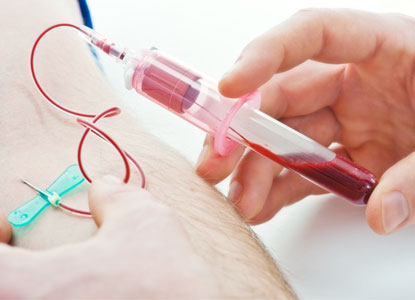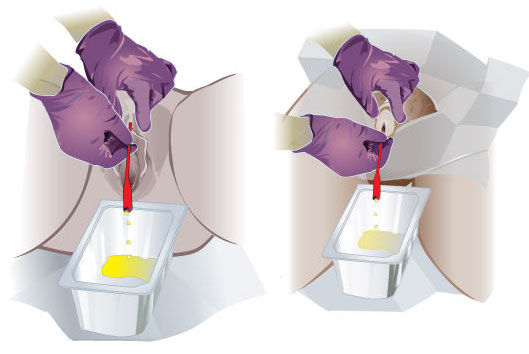Page Contents
OVERVIEW
This page is dedicated to covering the differential diagnosis for psychosis. This differential will be organized by diagnostic modality.

WHAT ARE THE MAJOR CATEGORIES OF DIAGNOSTIC MODALITIES THAT ARE USED?
When thinking about the differential for TERM the following diagnostic modalities come to mind:
- History and Physical
- Fingerstick
- Venous Blood Studies
DIAGNOSIS MADE WITH THE HISTORY AND PHYSICAL
Some causes of psychosis might not really require much a of a clinical workup (and are really more of a “clinical diagnosis” largely made from the history). With this in mind a clinical workup may still inform the diagnosis and can help rule out other causes of the patient’s presentation. Examples of these types of conditions that can cause psychosis are listed below.
FINGERSTICK
Glucose abnormalities: Perhaps one of the quickest tests that can be conducted (that arguably should be done in all patients with psychosis) is the fingerstick glucose test. It can be done in the background while other components of the workup are occurring. It is very important to appreciate that both hypoglycemia and hyperglycemia can cause psychosis.

VENOUS BLOOD STUDIES
Venous blood studies are a very foundational component of a clinical workup. It is important to rule out some nasty to detect biological causes of schizophrenia early on.

Toxicology screen: the following drugs can be detected on a serum toxicology screen, and can be responsible for causing psychosis
Serum TSH can help rule out thyroid abnormalities (hyperthyroidism)
Serum vitam studies: measuring the levels of vitamins in the serum can be important as part of routine workup of psychosis.
- Vitamin B-12: low levels can cause psychosis
- Folate: low levels can cause psychosis
Serum serologies: different types of infections may be responsible for the presentation of psychosis.
- FTA-Abs: syphilis can ruled out with this test
- HIV-Abs: HIV/AIDS can be responsible for psychosis
URINE STUDIES
In addition to venous blood, another important sample to evaluate is urine. It can give many clues and help aid in the diagnosis. It is important to appreciate that depending on the severity of the psychosis the patient may or may not be able to voluntarily provide the sample. In certain cases catheterization (straight catheter) may be required to gain the sample. Because of this, it is important to order all of the urine studies one might need at one time (to avoid having to perform a repeat catheter). The below urine studies can help expand our differential for delirium.

Urine drug screen: the exact drugs that will show up on this screen depend on how this test is ordered (and which drugs specifically are included in the screen, which varies by care setting). The medications below can show up on a urine drug screen and can be involved in causing psychosis (especially if overdosed).
- Cocaine intoxication
- Cannabinoid usage
- Ethanol intoxication
Page Updated:09.15.2016